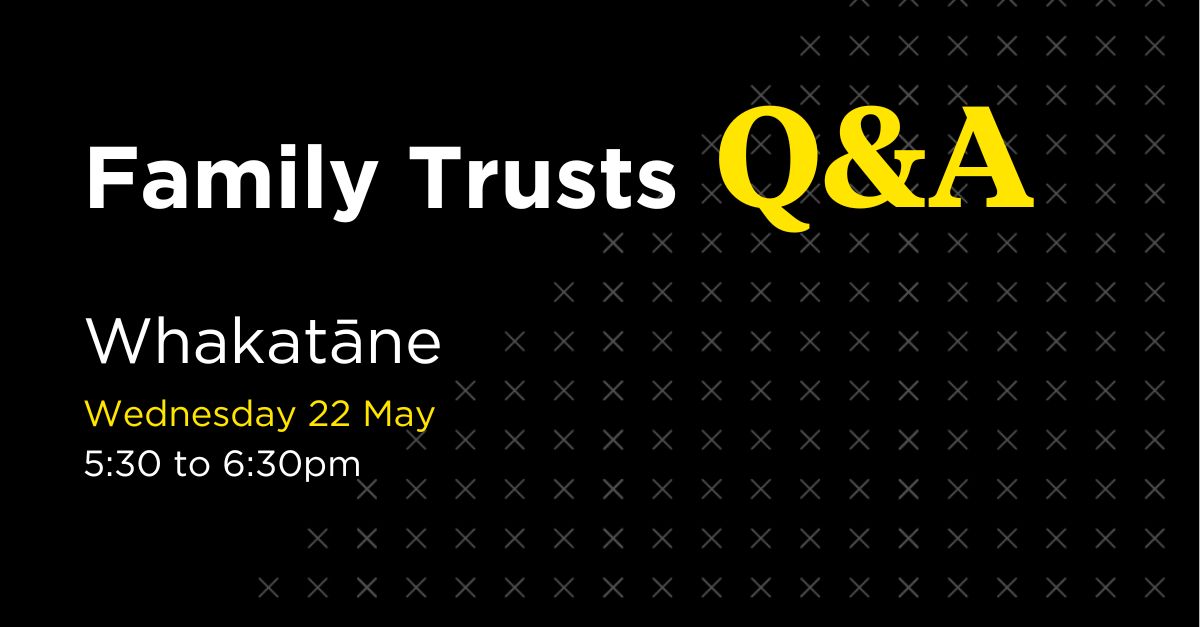The Government has launched consultation on potential reforms to the Emissions Trading Scheme (ETS). If adopted, these may significantly affect the benefits of having forest on your land in the ETS.
As we’ve previously explained in our crash course on the ETS, the ETS was set up under the Climate Change Response Act 2002. It aims to reduce the amount of greenhouse gas New Zealand emits into the atmosphere by requiring emitters to surrender credits for each tonne of greenhouse gas emitted.
However, there are also opportunities for profit. Those who own forest land, or have interest in forest land, can register it under the ETS and earn carbon credits for the carbon dioxide those trees have sequestered. These can then be sold, directly or through markets, to emitters.
The current consultation round has been prompted by advice from the Climate Change Commission that the current gearing of the ETS is not leading to meaningful decarbonisation of the economy.
A major issue identified is the low price of carbon credits. Carbon credits are currently hovering about the $50/metric tonne (of carbon dioxide) mark, and have historically been in the $40-$90/tonne range. The government has been advised prices are likely to drop further in coming years as an overabundance of forestry increases the supply of credits, reducing incentives to avoid emitting.
The government has put forward four options to attempt to drive up the future price of carbon. Their own consultation document identifies the potential issues with each option:
- Decreasing the total number of carbon credits allowed in the market. In the short term, reduced supply should increase the price. However, modelling suggests this effect may not last in the longer term, still leading to drops in the price.
- Allowing overseas entities and the government to buy carbon credits, increasing demand. Modelling suggests however that this is unlikely to generate significant interest, potentially doing little to increase prices.
- Restricting removal activities such as deforestation, or requiring more credits to be bought when land is deforested. Again, this is aimed at increasing demand for units to drive up prices. It is recognised that this is likely to discourage planting of new forests.
- Removing the ability of emitters to buy carbon credits directly from forest owners, and requiring them to buy from the government instead. The government would then
The consultation will also examine whether incentives should be provided to plant native trees for inclusion in the ETS, compared to exotics. Consideration will also be given to whether other forms of carbon capture than forests, such as establishing wetlands, should be included.
The consultation round does not close until 11 August 2023. With the election on October 14, and changes in climate change policy likely to follow whatever the result, there is a significant degree of uncertainty as to the future direction of the ETS.
Any of the four options being adopted could drastically affect the rate of return on planting land in forest or registering it under the ETS in coming decades. Those considering foresting to cash in on the ETS may wish to wait to see what policy emerges before investing.
Holland Beckett Law’s ETS experts and rural and agribusiness specialists will be pleased to assist with any queries you may have about joining the ETS, or your obligations if you already have land in the scheme.



